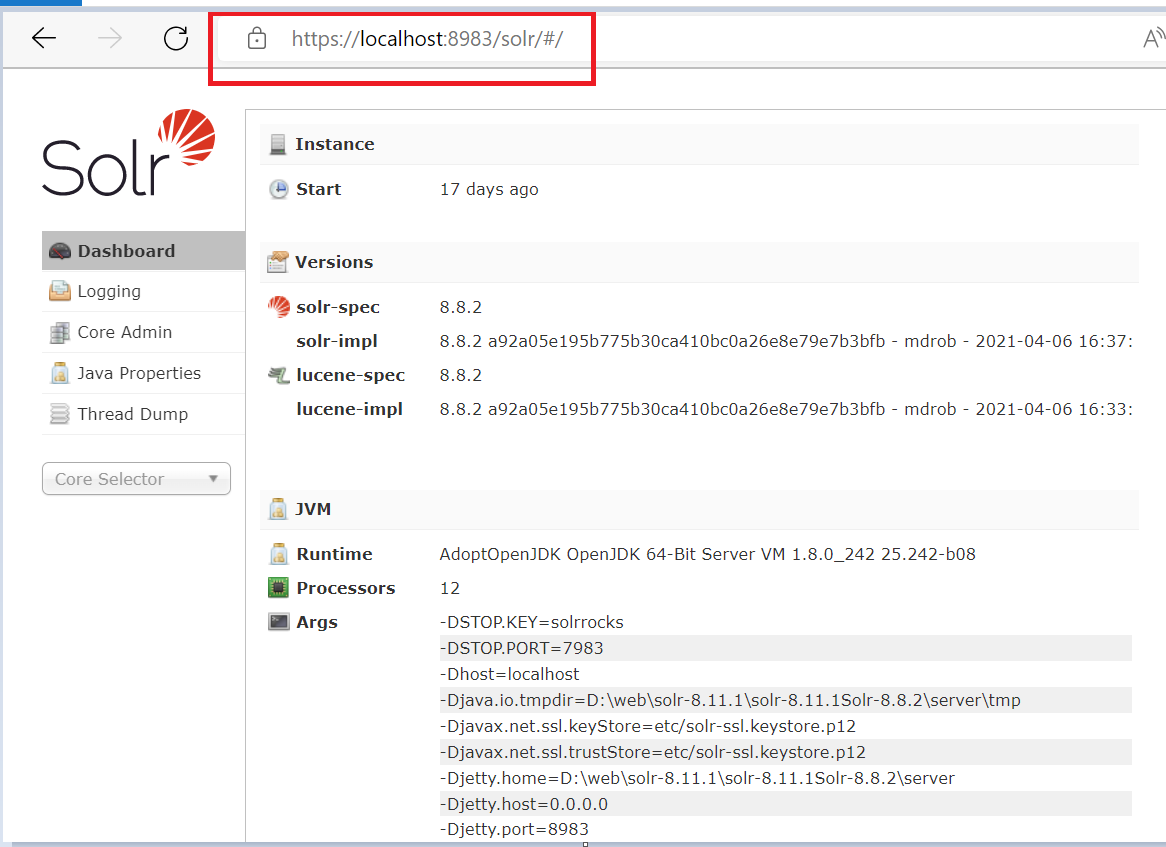Solving the “Media is Write Protected” Docker Error (Sitecore XM Cloud on Windows)
While working on a Sitecore XM Cloud container setup locally on Windows, I encountered a baffling error: docker: Error response from daemon: FSCTL_EXTEND_VOLUME \\?\Volume{2072a458-5396-496e-9e16-805157429bf3}: The media is write protected. The error occurred during container start-up and prevented Sitecore instances from launching correctly. It halted all local development — Docker containers wouldn't mount correctly, and no configuration changes helped. ❌ What Didn’t Work I tried multiple things, but none resolved the issue: Restarting Docker Desktop Resetting Docker volumes Rebuilding containers Removing Docker data folder Reinstalling Docker (latest version) Changing permissions on mounted volumes Nothing worked. 🔍 Root Cause After researching, I discovered the issue was introduced in recent versions of Docker Desktop (v4.38+) on Windows. These versions had changes that caused volume mounting issues, especially on Windows filesystem-backed containers . ...




